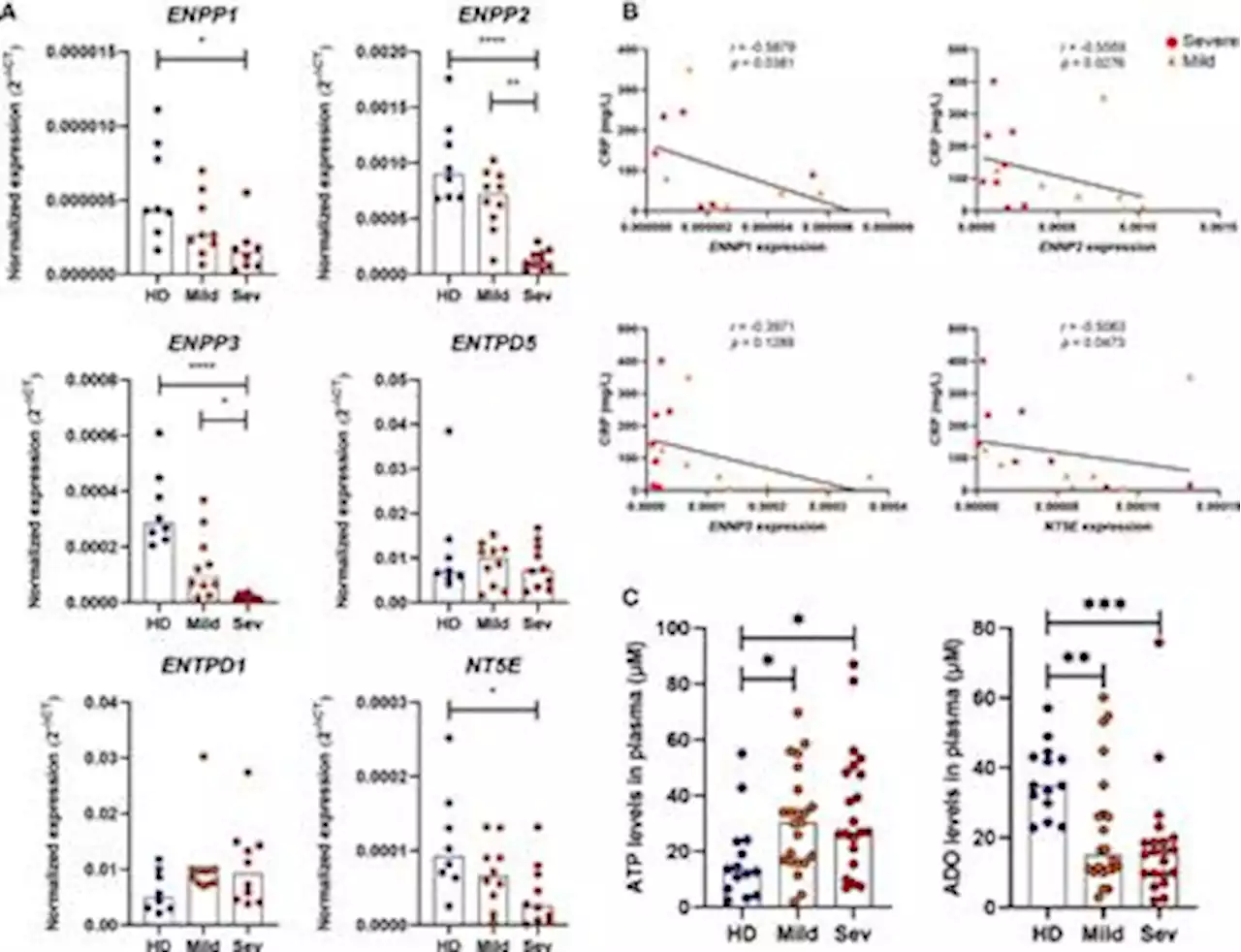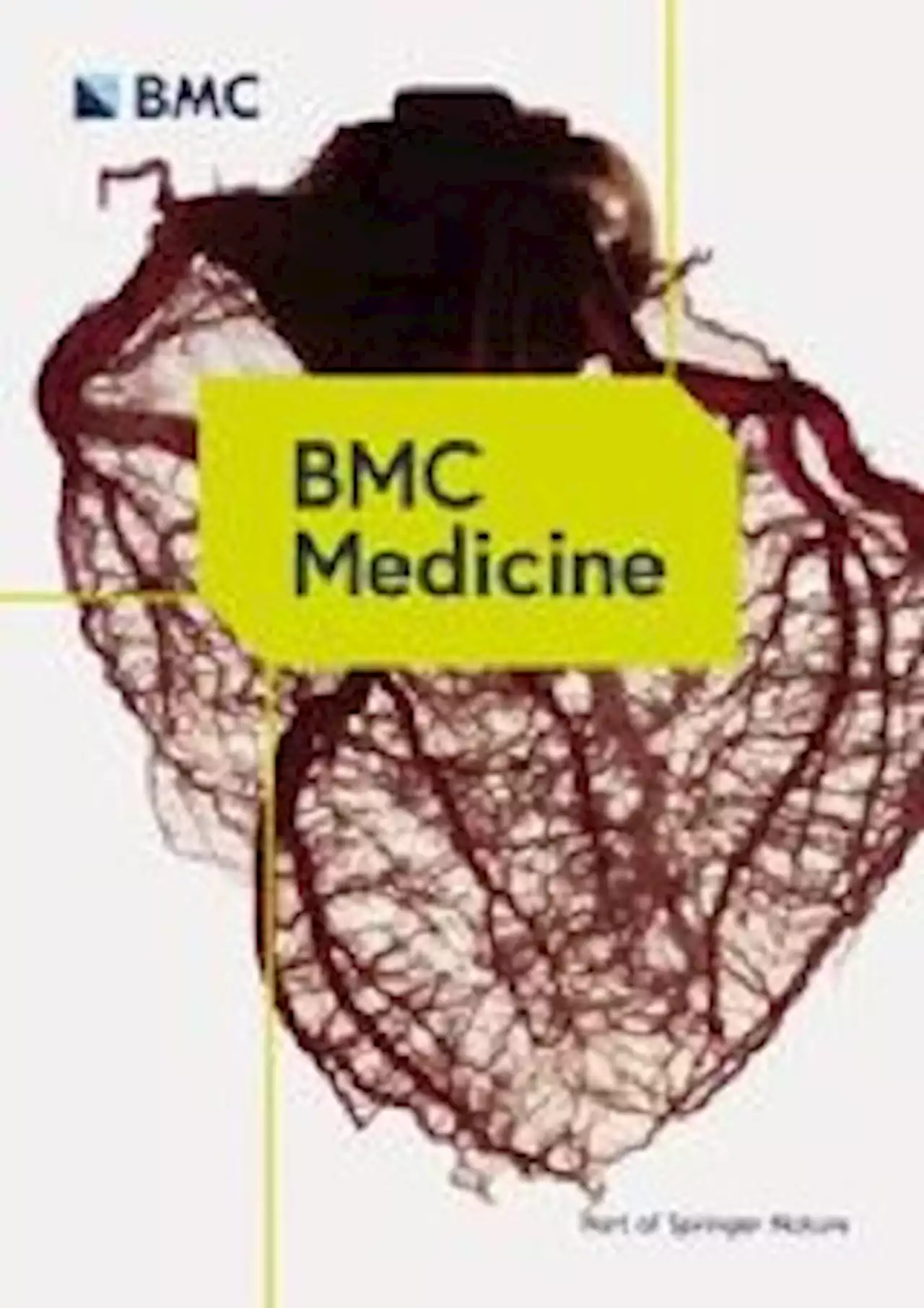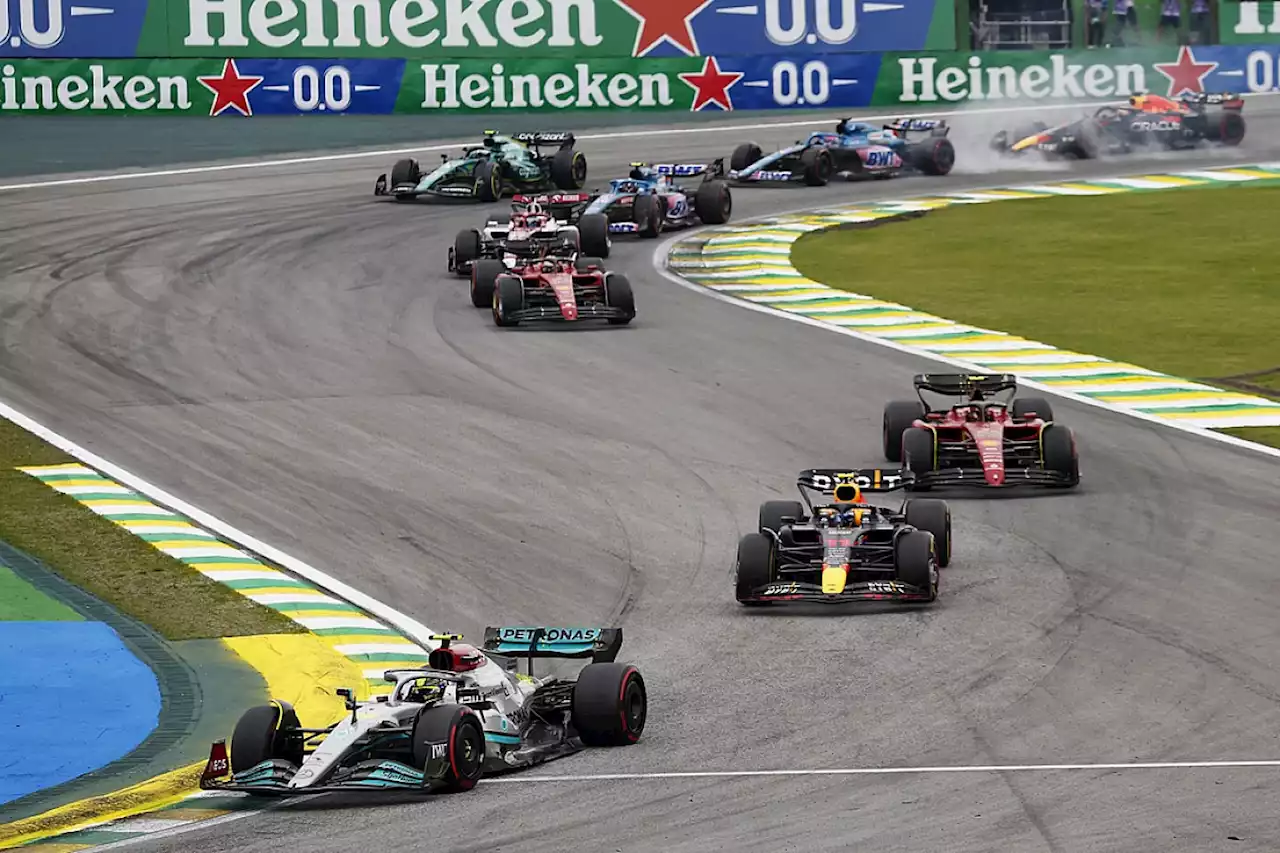I’m A Celebrity hit by Covid outbreak just days before final
Covid has hit the ITV show just days before the final, was also closed for the night so it could be disinfected and stop a further outbreak.“The producers have grand plans to make the final bigger than ever so no one is seen without a mask and there have been loads more people queueing up to get themselves tested on site.
“The team also closed down the night shift tent which sells snacks and drinks to the crew in order to give it a deep clean.
United Kingdom Latest News, United Kingdom Headlines
Similar News:You can also read news stories similar to this one that we have collected from other news sources.
 I'm A Celebrity axes Babatunde Aléshé as fifth celebrity leaves the jungleBabatunde joins Boy George, Scarlette Douglas, Sue Cleaver and Charlene White who have already exited the show
I'm A Celebrity axes Babatunde Aléshé as fifth celebrity leaves the jungleBabatunde joins Boy George, Scarlette Douglas, Sue Cleaver and Charlene White who have already exited the show
Read more »
 The negative impact of COVID-19 on working memory revealed using a rapid online quizAlthough coronavirus disease 2019 (COVID-19) affects the respiratory system, it can also have neurological consequences leading to cognitive deficits such as memory problems. The aim of our study was to assess the impact of COVID-19 on working memory function. We developed and implemented an online anonymous survey with a working memory quiz incorporating aspects of gamification to engage participants. 5428 participants successfully completed the survey and memory quiz between 8th December 2020 and 5th July 2021 (68.6% non-COVID-19 and 31.4% COVID-19). Most participants (93.3%) completed the survey and memory quiz relatively rapidly (mean time of 8.84 minutes). Categorical regression was used to assess the contribution of COVID status, age, time post-COVID (number of months elapsed since having had COVID), symptoms, ongoing symptoms and gender, followed by non-parametric statistics. A principal component analysis explored the relationship between subjective ratings and objective memory scores. The objective memory scores were significantly correlated with participants’ own assessment of their cognitive function. The factors significantly affecting memory scores were COVID status, age, time post-COVID and ongoing symptoms. Our main finding was a significant reduction in memory scores in all COVID groups (self-reported, positive-tested and hospitalized) compared to the non-COVID group. Memory scores for all COVID groups combined were significantly reduced compared to the non-COVID group in every age category 25 years and over, but not for the youngest age category (18–24 years old). We found that memory scores gradually increased over a period of 17 months post-COVID-19. However, those with ongoing COVID-19 symptoms continued to show a reduction in memory scores. Our findings demonstrate that COVID-19 negatively impacts working memory function, but only in adults aged 25 years and over. Moreover, our results suggest that working memory deficits with COVID-19 can recov
The negative impact of COVID-19 on working memory revealed using a rapid online quizAlthough coronavirus disease 2019 (COVID-19) affects the respiratory system, it can also have neurological consequences leading to cognitive deficits such as memory problems. The aim of our study was to assess the impact of COVID-19 on working memory function. We developed and implemented an online anonymous survey with a working memory quiz incorporating aspects of gamification to engage participants. 5428 participants successfully completed the survey and memory quiz between 8th December 2020 and 5th July 2021 (68.6% non-COVID-19 and 31.4% COVID-19). Most participants (93.3%) completed the survey and memory quiz relatively rapidly (mean time of 8.84 minutes). Categorical regression was used to assess the contribution of COVID status, age, time post-COVID (number of months elapsed since having had COVID), symptoms, ongoing symptoms and gender, followed by non-parametric statistics. A principal component analysis explored the relationship between subjective ratings and objective memory scores. The objective memory scores were significantly correlated with participants’ own assessment of their cognitive function. The factors significantly affecting memory scores were COVID status, age, time post-COVID and ongoing symptoms. Our main finding was a significant reduction in memory scores in all COVID groups (self-reported, positive-tested and hospitalized) compared to the non-COVID group. Memory scores for all COVID groups combined were significantly reduced compared to the non-COVID group in every age category 25 years and over, but not for the youngest age category (18–24 years old). We found that memory scores gradually increased over a period of 17 months post-COVID-19. However, those with ongoing COVID-19 symptoms continued to show a reduction in memory scores. Our findings demonstrate that COVID-19 negatively impacts working memory function, but only in adults aged 25 years and over. Moreover, our results suggest that working memory deficits with COVID-19 can recov
Read more »
 Frontiers | Dysfunctional purinergic signaling correlates with disease severity in COVID-19 patientsEctonucleotidases modulate inflammatory responses by balancing extracellular ATP and adenosine (ADO) and might be involved in COVID-19 immunopathogenesis. Here, we explored the contribution of extracellular nucleotides metabolism to COVID-19 severity in mild and severe cases of the disease. We verified that the gene expression of ectonucleotidases is reduced in the whole blood of patients with COVID-19 and is negatively correlated to CRP plasma levels, an inflammatory marker of disease severity. In line with these findings, COVID-19 patients present higher ATP levels in plasma and reduced levels of ADO when compared to healthy controls. Cell type-specific analysis revealed higher frequencies of CD39+ T cells in severely ill patients, while CD4+ and CD8+ expressing CD73 are reduced in this same group. The frequency of B cells CD39+CD73+ is also decreased during acute COVID-19. Interestingly, B cells from COVID-19 patients showed a reduced capacity to hydrolyze ATP into ADP and ADO. Furthermore, impaired expression of ADO receptors and a compromised activation of its signaling pathway is observed in COVID-19 patients. The presence of ADO in vitro, however, suppressed inflammatory responses triggered in patients’ cells. In summary, our findings support the idea that alterations in the metabolism of extracellular purines contribute to immune dysregulation during COVID-19, possibly favoring disease severity, and suggest that ADO may be a therapeutic approach for the disease.
Frontiers | Dysfunctional purinergic signaling correlates with disease severity in COVID-19 patientsEctonucleotidases modulate inflammatory responses by balancing extracellular ATP and adenosine (ADO) and might be involved in COVID-19 immunopathogenesis. Here, we explored the contribution of extracellular nucleotides metabolism to COVID-19 severity in mild and severe cases of the disease. We verified that the gene expression of ectonucleotidases is reduced in the whole blood of patients with COVID-19 and is negatively correlated to CRP plasma levels, an inflammatory marker of disease severity. In line with these findings, COVID-19 patients present higher ATP levels in plasma and reduced levels of ADO when compared to healthy controls. Cell type-specific analysis revealed higher frequencies of CD39+ T cells in severely ill patients, while CD4+ and CD8+ expressing CD73 are reduced in this same group. The frequency of B cells CD39+CD73+ is also decreased during acute COVID-19. Interestingly, B cells from COVID-19 patients showed a reduced capacity to hydrolyze ATP into ADP and ADO. Furthermore, impaired expression of ADO receptors and a compromised activation of its signaling pathway is observed in COVID-19 patients. The presence of ADO in vitro, however, suppressed inflammatory responses triggered in patients’ cells. In summary, our findings support the idea that alterations in the metabolism of extracellular purines contribute to immune dysregulation during COVID-19, possibly favoring disease severity, and suggest that ADO may be a therapeutic approach for the disease.
Read more »
 Prednisolone does not improve olfactory function after COVID-19: a randomized, double-blind, placebo-controlled trial - BMC MedicineBackground Prednisolone has been suggested as a treatment for olfactory disorders after COVID-19, but evidence is scarce. Hence, we aimed to determine the efficacy of a short oral prednisolone treatment on patients with persistent olfactory disorders after COVID-19. Methods We performed a randomized, double-blind, placebo-controlled, single-centered trial in the Netherlands. Patients were included if they were | 18 years old and if they had persistent (| 4 weeks) olfactory disorders within 12 weeks after a confirmed COVID-19 test. The treatment group received oral prednisolone 40 mg once daily for 10 days and the placebo group received matching placebo. In addition, all patients performed olfactory training. The primary outcome was the objective olfactory function on Sniffin’ Sticks Test (SST) 12 weeks after the start of treatment, measured in Threshold-Discrimination-Identification (TDI) score. Secondary outcomes were objective gustatory function assessed by the Taste Strip Test (TST) and subjective self-reported outcomes on questionnaires about olfactory, gustatory and trigeminal function, quality of life, and nasal symptoms. The CONSORT 2010 guideline was performed. Results Between November 2021 and February 2022, we included 115 eligible patients, randomly assigned to the treatment (n = 58) or placebo group (n = 57). No difference in olfactory function between groups was obtained after 12 weeks. Median TDI score on SST was 26.8 (IQR 23.6–29.3) in the placebo group and 28.8 (IQR 24.0–30.9) in the prednisolone group, with a median difference of 2.0 (95% CI 0.75 to 1.5). There was similar improvement on olfactory function in both groups after 12 weeks. Furthermore, on secondary outcomes, we obtained no differences between groups. Conclusions This trial shows that prednisolone does not improve olfactory function after COVID-19. Therefore, we recommend not prescribing prednisolone for patients with persistent olfactory disorders after COVID-19. Trial registration Thi
Prednisolone does not improve olfactory function after COVID-19: a randomized, double-blind, placebo-controlled trial - BMC MedicineBackground Prednisolone has been suggested as a treatment for olfactory disorders after COVID-19, but evidence is scarce. Hence, we aimed to determine the efficacy of a short oral prednisolone treatment on patients with persistent olfactory disorders after COVID-19. Methods We performed a randomized, double-blind, placebo-controlled, single-centered trial in the Netherlands. Patients were included if they were | 18 years old and if they had persistent (| 4 weeks) olfactory disorders within 12 weeks after a confirmed COVID-19 test. The treatment group received oral prednisolone 40 mg once daily for 10 days and the placebo group received matching placebo. In addition, all patients performed olfactory training. The primary outcome was the objective olfactory function on Sniffin’ Sticks Test (SST) 12 weeks after the start of treatment, measured in Threshold-Discrimination-Identification (TDI) score. Secondary outcomes were objective gustatory function assessed by the Taste Strip Test (TST) and subjective self-reported outcomes on questionnaires about olfactory, gustatory and trigeminal function, quality of life, and nasal symptoms. The CONSORT 2010 guideline was performed. Results Between November 2021 and February 2022, we included 115 eligible patients, randomly assigned to the treatment (n = 58) or placebo group (n = 57). No difference in olfactory function between groups was obtained after 12 weeks. Median TDI score on SST was 26.8 (IQR 23.6–29.3) in the placebo group and 28.8 (IQR 24.0–30.9) in the prednisolone group, with a median difference of 2.0 (95% CI 0.75 to 1.5). There was similar improvement on olfactory function in both groups after 12 weeks. Furthermore, on secondary outcomes, we obtained no differences between groups. Conclusions This trial shows that prednisolone does not improve olfactory function after COVID-19. Therefore, we recommend not prescribing prednisolone for patients with persistent olfactory disorders after COVID-19. Trial registration Thi
Read more »
 How F1 teams narrowed their tech focus in final 2022 racesThis year's white-hot Formula 1 development battle cooled off several races ago, with teams switching their main focus to 2023 cars, which meant they focused on the finer details at the track in the closing weekends of the season.
How F1 teams narrowed their tech focus in final 2022 racesThis year's white-hot Formula 1 development battle cooled off several races ago, with teams switching their main focus to 2023 cars, which meant they focused on the finer details at the track in the closing weekends of the season.
Read more »
 How F1 teams narrowed their tech focus in final 2022 racesThis year's white-hot Formula 1 development battle cooled off several races ago, with teams switching their main focus to 2023 cars, which meant they focused on the finer details at the track in the closing weekends of the season.
How F1 teams narrowed their tech focus in final 2022 racesThis year's white-hot Formula 1 development battle cooled off several races ago, with teams switching their main focus to 2023 cars, which meant they focused on the finer details at the track in the closing weekends of the season.
Read more »
